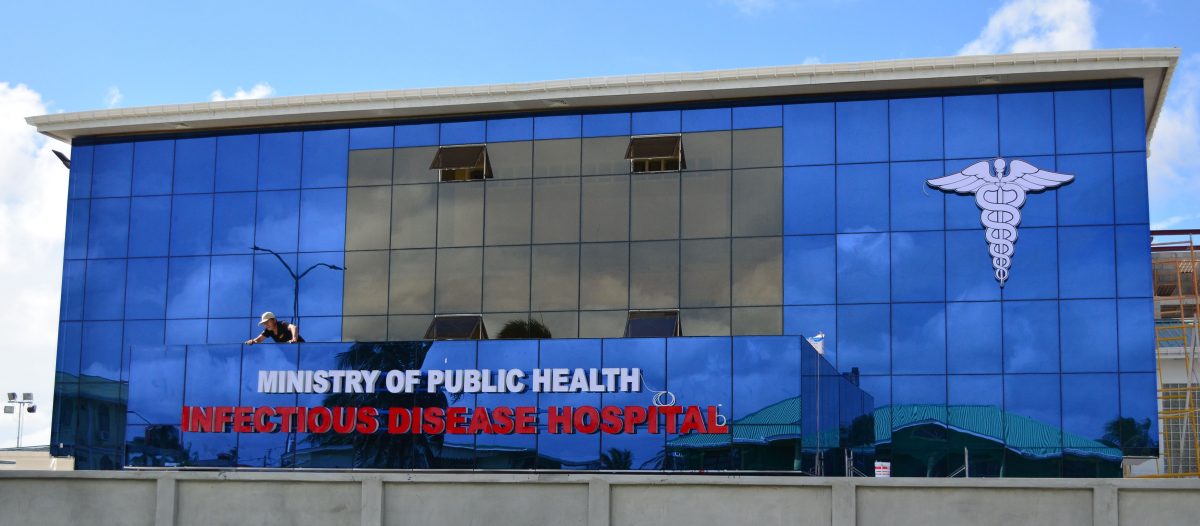The socio-economic impacts of The COVID-19 pandemic in the Caribbean are non-neutral, affecting some persons and entities more than others, with vulnerable groups including children, youth, women and girls, the poor, informal sector workers and small businesses, being among the hardest hit. To curb the rapid transmission of the disease, Non-pharmaceutical Interventions (NPIs) – full and partial border closures, lockdowns, curfews etc. – have been adopted and are still in place (to varying extents) by governments in the Caribbean, and around the world.
NPIs, while contributing to reduced transmission of the disease have destabilized social and economic activity, producing negative effects for many, with worse impacts for vulnerable groups, as their pre-existing susceptibility to socioeconomic shocks limited their capacity to cope with the effects of the pandemic. Furthermore, the vulnerabilities among the mentioned groups intersect with broader social, economic and environmental regional systemic vulnerabilities, exacerbating the socioeconomic situation for those on the margins. Factors such as under-resourced health systems, weak or non-existent health insurance and social protection for most informal sector workers, limited economic diversification, high unemployment and greater youth unemployment rate, and predilection to natural disasters, hamper governments’ ability to fully respond to the fallout of the pandemic.

